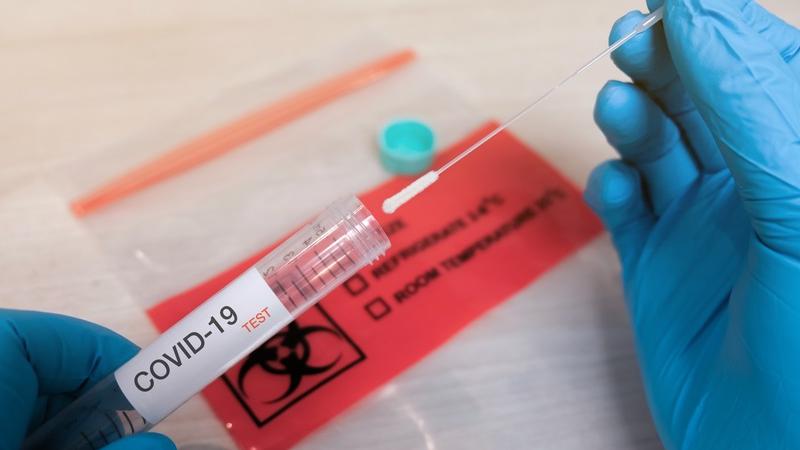B.C. sets another record for COVID-19 numbers, more pieces of Omicron puzzle coming together

British Columbia recorded 2,944 new cases of COVID-19 on Wednesday.
That is a record high new daily case count for the province.
Of those new cases, 374 were located in the Interior.
Dr. Bonnie Henry announced the record total during a COVID update, where she also said that the active case count for British Columbia has been recorded at 16,014.
During her announcement Henry broke down the province’s active case counts for each health region, saying there were 1,576 active cases in Interior Health; 7,192 in Fraser Health; 5,462 in Vancouver Coastal Health; 1,363 in Island Health; and 431 in Northern Health.
Henry added that 193 British Columbians are in hospital due to COVID-19 complications, 66 of whom are in intensive care.
There had also been five COVID deaths recorded between Dec. 24 and 29. A total of 2,419 British Columbians have now died from the virus.
There have now been a total of 2,452 cases of the Omicron variant identified in British Columbia, 114 of which were located in the Interior.
During her announcement Henry again stated that the Omicron variant is unique when compared to other strains.
“It is spreading through our communities is a way that is different from other variants we have seen over the past two years,” said Henry.
“People are getting infected with a much smaller dose of the virus and much more quickly, and they are passing it on to others, often before they realize that they’re able to transmit it.”
Henry added that the rate of transmission has impacted a number of parts of the province’s COVID-19 tracking and testing system, including the effectiveness of contact tracing.
She also stated that research has found the incubation period of the Omicron variant to have a median average of three days, as opposed to the average of six days for the other strains.
“Which means by the time you develop symptoms, get tested, get that result back, you will likely have exposed others and passed it on to some of them,” said Henry.
“And, as we’ve seen before, it spreads to the people that we are closest with. The people we live with, the people we socialize with, our family, our friends, our social connections.”
She asked that all British Columbians pay more attention to how they are feeling and who they will be spending time with to ensure that people are not being put at risk.
Henry noted that the Omicron variant is still a puzzle, but the pieces are starting to fall into place as more research is done.
“We are learning more about how fast it spreads, how infectious it is, and it is very clear that it is increasingly transmissible with the shorter incubation period that is now more and more defined. We know as well that you are 10 times more likely to be reinfected if you have been infected before (with another strain) and are not yet vaccinated.”
She added that Omicron has also created more breakthrough cases for people who have been fully vaccinated against the virus, though did add that those who had been fully immunized where much more likely to have mild symptoms or be asymptomatic.
With Omicron being much more transmissible than previous variants, Henry asked that anyone with even mild symptoms assume that they have contracted the virus and take measures to avoid passing it on to others, including staying home when sick and wearing masks when needed.
Henry added that, if symptoms worsen, creating difficulties with breathing, eating or drinking, a person should seek medical attention.
She noted that people without a COVID-19 vaccination are more likely to have severe illness due to the virus, and encouraged people to book a shot.
“We do know and what we’re seeing across the globe is that vaccines make a huge difference. Vaccines work,” said Henry, adding that vaccinations may not stop all transmission but they are so far leading to reduced hospitalization.
As of Wednesday, Dec. 29, 88 per cent of British Columbians aged five and over have received a first dose of a COVID-19 vaccine, while 88.2 per cent had received both doses.
In the 12 and over age group, 91.9 per cent had received a first jab, 89.1 per cent had been double-dosed second jab, and 18.5 per cent had gotten a booster or third shot.
Henry added that this wave is unavoidable, but asked that people do their part to reduce the impacts it will have on the health care system and continue to follow provincial measures to reduce the rate of transmission.

